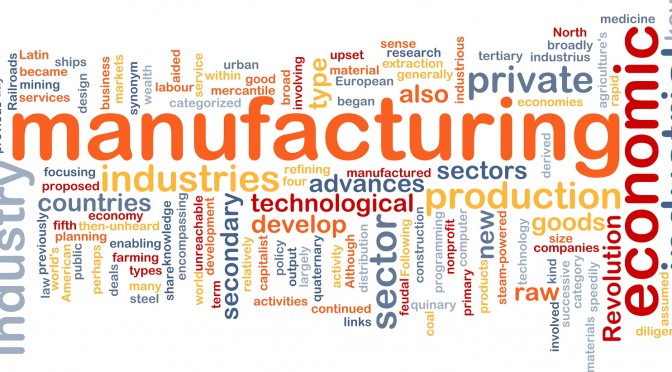A weekly round up of articles about employment, the labor market, skills training and workforce development. This week’s round up is drawn from The Daily Star. Here is the news for the week ending 15 March 2018.
This week in the Bangladesh English Press…
…we hear about seminars and dialogues on career and employment. A fair was organized by the jute and textiles ministry. Export earnings from garments have seen an increase. UNICEF is said to provide financial assistance to Bangladesh for its child-related activities. We also hear about a study published by Business Finance for Poor in Bangladesh (BFP-B) project on growth of small enterprises. A new farming initiative helps improving nutrition for families living on the Bangladesh-Myanmar border.



